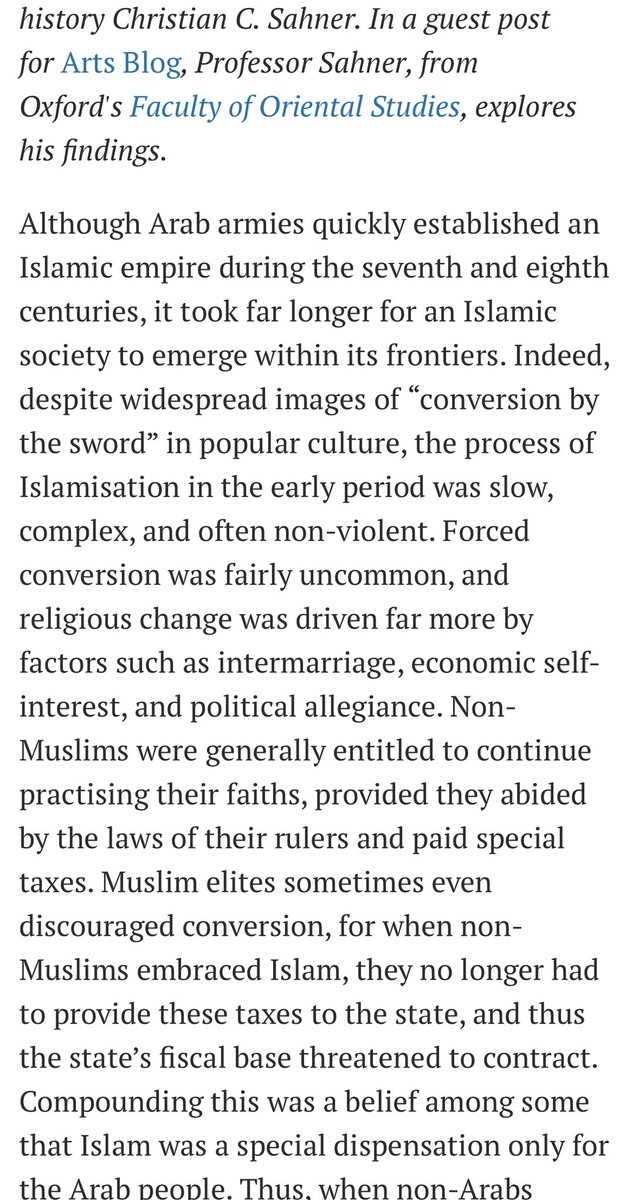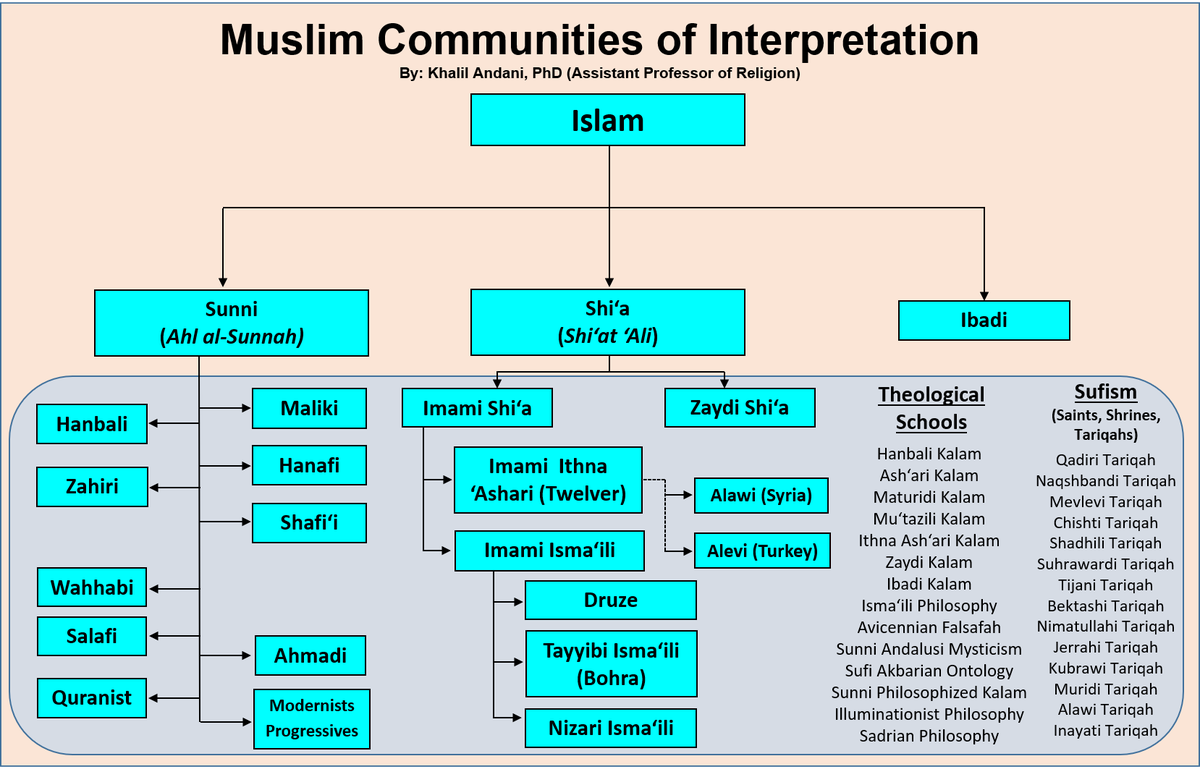
Khalil Andani, PhD
@khalilandani
Assistant Professor of Religion; PhD Islamic Studies @Harvard | Quranic Studies | Islamic Intellectual History: Kalam, Islamic Neoplatonism | Ismailism | CA-CPA
ID: 827031117161185280
https://khalilandani.com 02-02-2017 05:49:18
19,19K Tweet
21,21K Followers
7,7K Following


One of the few instances I happen to agree with Capturing Christianity

InspiringPhilosophy - Michael Jones How about tour Crusades which often involve forced conversion of pagans, Jews and Muslims to Christianity. Even Augustine believed people should be forcibly converted. Meanwhile in Islam, forced conversion is not allowed and was not the norm in actual practice.



Idol Killer The Bible (1 Kings 22) says God indeed sent a deceiving lying spirit to a bunch of prophets to deceive an entire people and God will send a delusion or deception and cause people to be deceived in the future. You must admit that the Biblical God boasts of practicing deception.


Idol Killer Your Bible literally says God put a deceiving spirit into their prophets - 2 Kings 22 and also in Chronicles and the narrative says God approved that deception. So if anything it’s your God who literally planned a deception on people. Makir means planner / plotter in the









